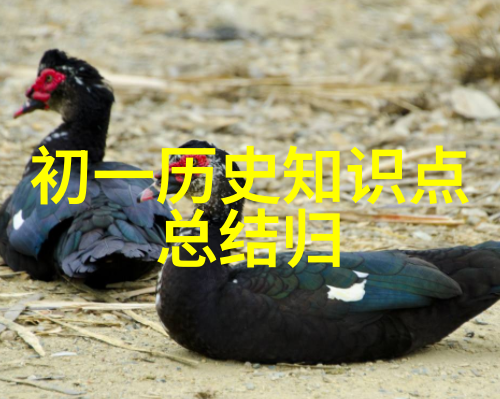The Fascinating English Quirks of Chinese History: Unveiling the Past in a Foreign Tongue

When it comes to exploring the fascinating world of Chinese history, one often encounters intriguing anecdotes and curious facts that reveal the complexities and nuances of this ancient civilization. These "English quirks" offer a unique perspective on China's past, providing insight into how historical events have been perceived, interpreted, and communicated across linguistic and cultural boundaries.
One such quirk is the name given to China's first emperor—Qin Shi Huangdi. While his legacy is remembered for unifying China under a single rule, his name has an interesting twist when translated into English. The term "Qin Shi Huangdi" literally means "First Emperor of Qin," but its translation often takes on a more romanticized tone as "The First Emperor." This subtle shift reflects not only the importance placed on his reign but also the Western perception of him as a legendary figure.

Another example can be found in the naming conventions used for dynasties throughout Chinese history. Take, for instance, the Ming dynasty—a period known for its architectural splendor and artistic achievements. When referring to this era in English-speaking countries, it is common to see it spelled as both "Ming" (the Pinyin romanization) or "Ming Dynasty." The dual spelling serves as an interesting reflection of language evolution within different cultural contexts.
Furthermore, there are numerous instances where specific terms or phrases from ancient texts have become part of everyday conversation in modern-day English-speaking societies. For example, take words like 'kung fu' or 'dim sum,' which originated from traditional Chinese martial arts and Cantonese cuisine respectively. Their integration into contemporary global languages highlights their significance beyond just being mere culinary delights or physical disciplines.

Lastly, we must not overlook perhaps one of most iconic examples—the Great Wall itself! In reality named simply "" (Cháng Chéng), meaning Long Wall; however when translated into English it becomes something much more evocative—"Great Wall." This nickname speaks volumes about our collective imagination regarding this incredible feat engineered by human hands over thousands years ago.
In conclusion these small yet fascinating tidbits shed light upon how various aspects of China's rich history have been adapted through time while retaining their essence despite crossing linguistic barriers. They remind us that understanding our shared past requires empathy with diverse cultures while fostering curiosity about those who came before us—be they emperors or artisans alike—and what they left behind in their wake—whether written records or tangible structures like walls stretching across continents so many centuries ago.




